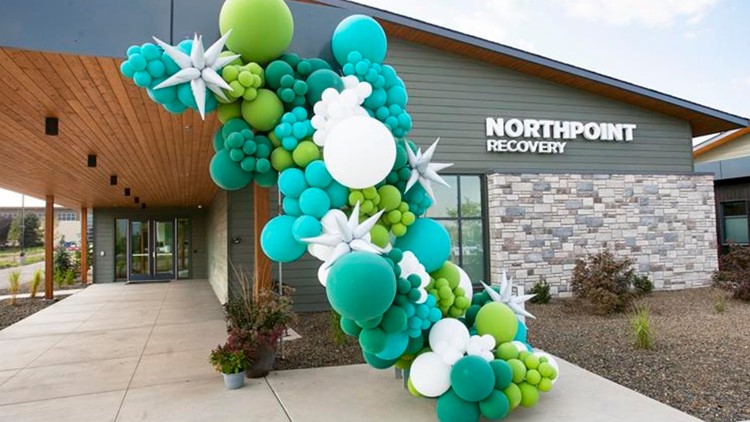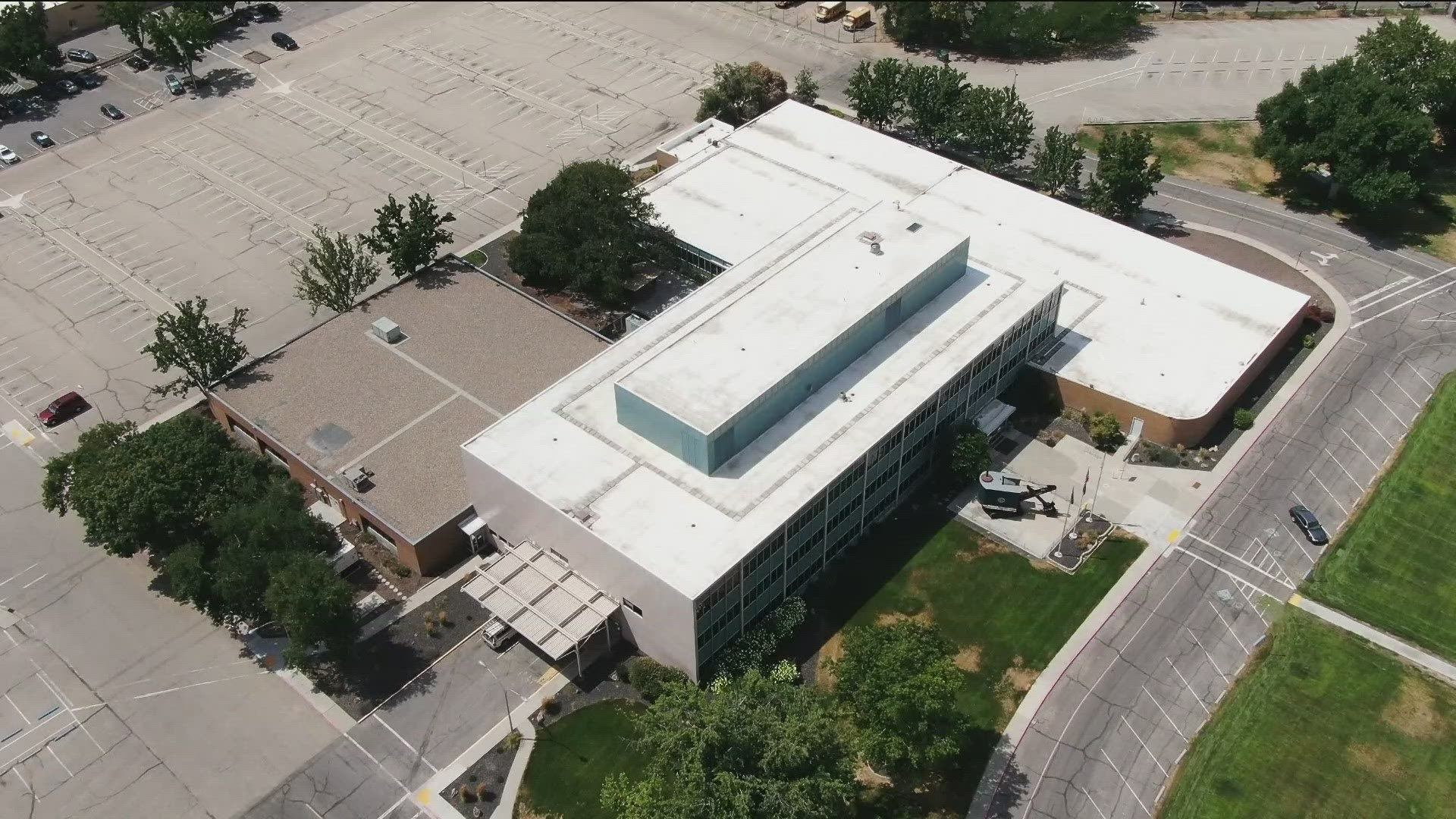MERIDIAN, Idaho — This article originally appeared in the Idaho Press.
Staffing shortages coupled with a rise in drug-related emergencies has created a need for detox facilities in the Treasure Valley.
“Especially after the pandemic, we’ve seen a rise in opioid and stimulant overdoses, we’ve seen a lot more drug-related emergencies … we’ve also seen a rise in fatal overdoses,” Courtney Boyce, substance use program manager at Central District Health, said.
The Treasure Valley has three detox facilities: Intermountain Hospital, Northpoint Recovery and the Allumbaugh House.
Northpoint recently doubled its capacity, serving from a new location in Meridian in an effort to provide more detox and rehab facilities for those struggling with addiction in the valley. Since opening in the new location in September, Northpoint has been at close to capacity and is expecting to remain that way through the summer, Executive Vice President of Operations at Northpoint Recovery Erica Lopez said.
“Historically the Treasure Valley has struggled with ability to provide beds to those in need of detoxification services,” Lopez said in a statement.
Last year, Northpoint served an average of 30 to 33 patients a month, Lopez said. Now with 48 beds in its facility, instead of 22, Northpoint is able to serve more people. Still, it’s not enough.
“I think there is a need for more Detox, RTC ({span}residential treatment centers){/span}, and PHP (partial hospitalization program) services in the community,” Lopez said in an email. “Detox is a very small piece of the puzzle in helping get someone truly into recovery and healing. The continuum of care must be provided and followed in order to give someone the best chance possible at changing their lives and beginning to restore their relationships.”
Getting those facilities is “tough work,” Lopez said.
“It takes a special community to come together in order to provide care to those in need. It is not just about helping someone detox for 5-7 days. It is about true healing and a promising future. That takes commitment, investment, creativity, and passion,” Lopez said.
A detox facility is usually the starting point to a person’s sober journey, Dr. Patrice Burgess, Chief Clinical Officer at Saint Alphonsus, said. Detox often begins with a long-term goal of rehabilitation and sobriety. If a person has been using substances frequently, there is a risk of withdrawal.
“There’s a variety of scenarios where somebody needs to detox safely, where they can be observed, get medical attention if they need, medications to help with their symptoms, that type of thing,” Burgess said.
Withdrawal symptoms can include hallucinations, uncontrollable shaking and seizures, along with other things, Burgess said.
A true detox lasts two or three days, and safety isn’t the only reason people with addictions go to facilities.
“There’s a lot more opportunity for failure (detoxing) in the home setting than if you’re in a supervised setting,” Burgess said.
There’s a constant need for more mental health and substance abuse treatment options and workers in the valley, Burgess said.
“Our entire state has a shortage of mental health professionals,” Burgess said. “It’s no different for substance use treatments.”
Right now there are only two inpatient mental health care options: Intermountain Hospital and Saint Alphonsus Behavioral Health Unit.
Some treatment centers, like the Allumbaugh House, have partnered with St. Luke’s and Saint Alphonsus, creating a community that supports detox facilities that are better equipped to help those with addictions.
Saint Alphonsus treated about 500 people for detox in 2022 and 600 in 2021, although Burgess admitted the numbers don’t include the people they took care of internally, or those that started a detox and then changed their mind.
“It’s hard to get an accurate picture of how many people have needed to detox there,” she said.
Burgess expressed concern for alcohol, opioid and fentanyl use and said alcohol is the most common thing for people to detox from at Saint Alphonsus.
“This is a disease process just like anything else,” Burgess said. “We really need to be respectful of folks that have these issues and give them the same respect and care and treatment that we would if they had some other medical condition.”
This article originally appeared in the Idaho Press, read more on IdahoPress.com.
Watch more Local News:
See the latest news from around the Treasure Valley and the Gem State in our YouTube playlist:



